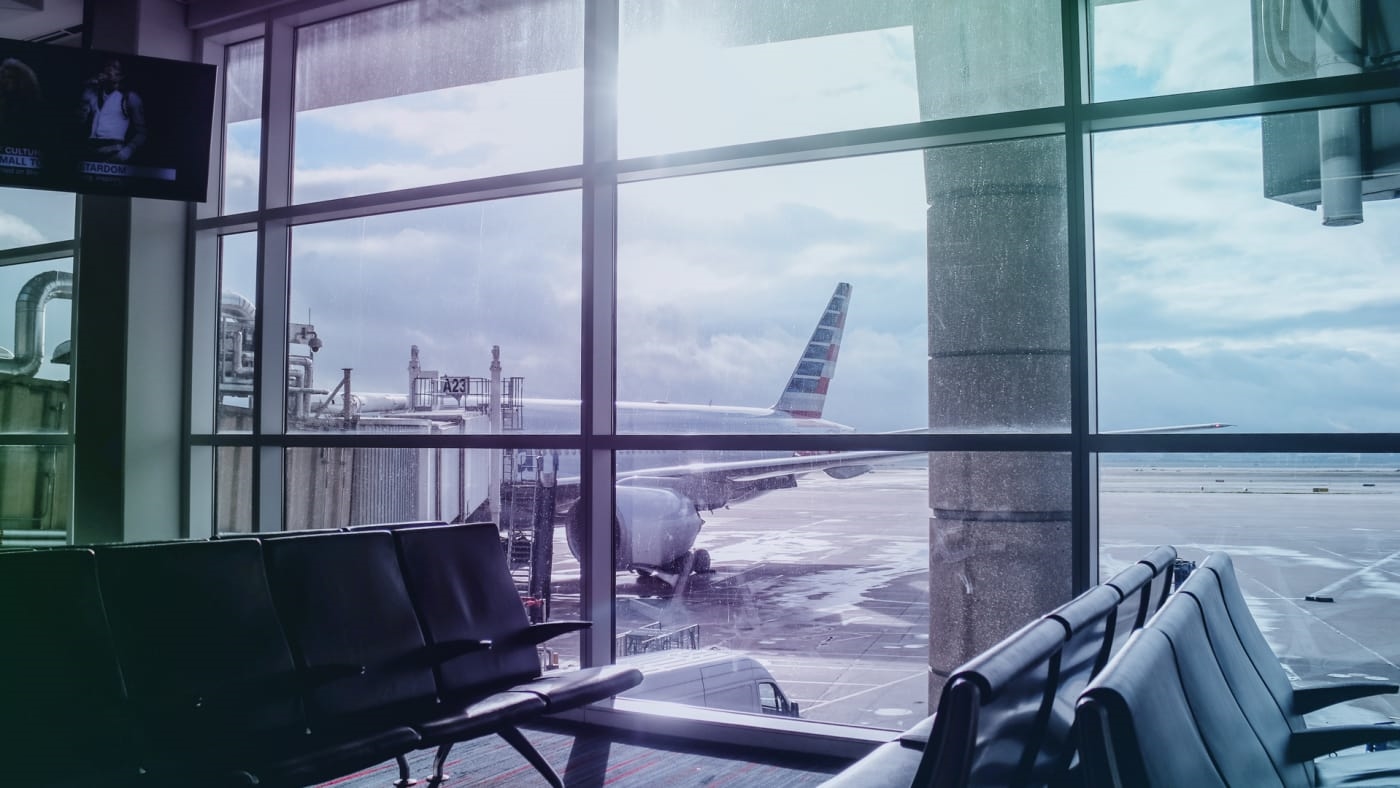Welcome to New Zealand. Now hand over your password or pay $5,000
If you’re traveling to New Zealand, be prepared to hand over your phone and your password. A new customs law says that travelers must not only provide their devices, but also access to them, whether in the form of a password, fingerprint, or face, or risk a $5,000 fine, Radio New Zealand reports. The only silver lining to the law, which is sure to alarm privacy advocates, is that customs officials would need to have a reasonable suspicion of wrongdoing before performing the digital strip search, and customs officials won’t be searching through your cloud accounts, only the files on your phone.
If people refuse to comply, they could be fined up to $5,000 and their device would still be seized and forensically searched. Border officials searched roughly 540 electronic devices at New Zealand airports in 2017, according to Radio New Zealand, and the agency said it did not expect the number to increase, even with the new law.
New Zealand isn’t the only country performing digital strip searches, of course. Canada does them on occasion, and searches of mobile phones by U.S. border agents grew from fewer than 5,000 in 2015 to 25,000 in 2016, according to the Guardian. Last year, the Knight First Amendment Institute at Columbia University filed a lawsuit to force the U.S. government to disclose its rules around device searches at the border.
(27)



